About BBC ALBA
BBC ALBA – Scotland’s Gaelic media service – is delivered across a range of platforms through a unique partnership between MG ALBA and the BBC.
Licensed by the BBC and regulated by Ofcom, the channel first aired on Friday 19 September 2008 and has established itself as an integral part of Scottish broadcasting.
Scroll to the bottom of this page for Frequently Asked Questions about BBC ALBA.
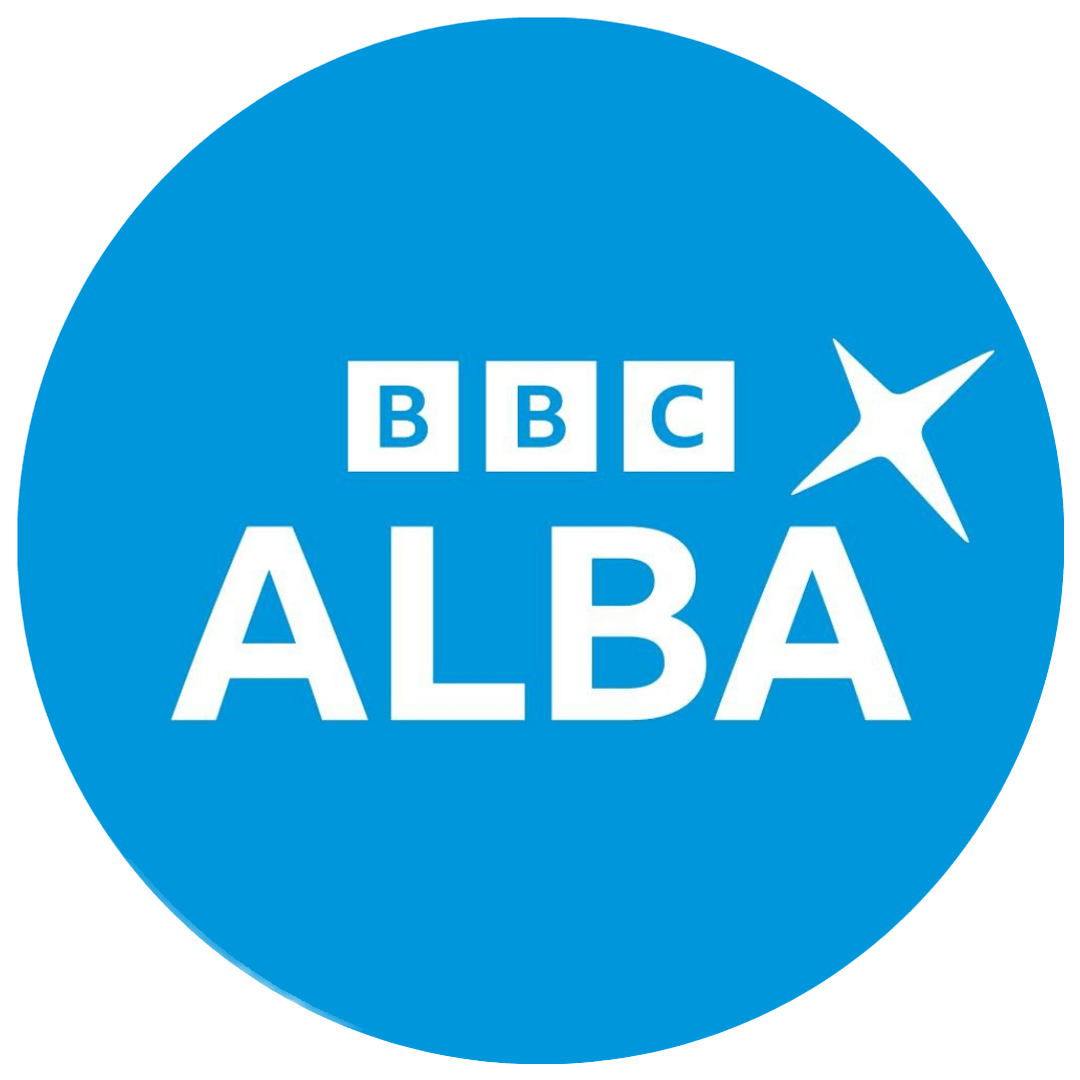
BBC ALBA
Visit the BBC ALBA homepage to find out more.
How can I access BBC ALBA?
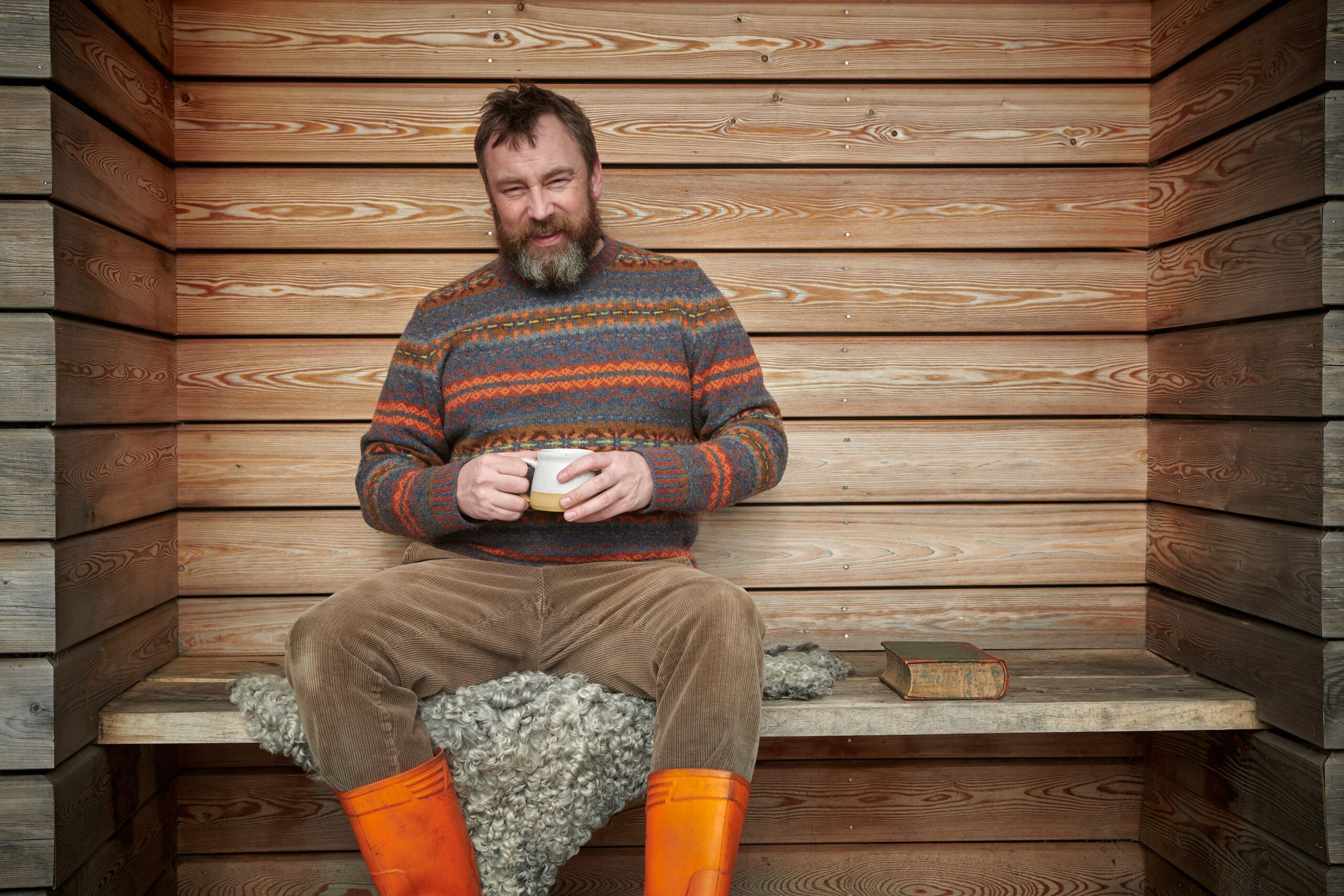
Bothag Phàdruig
How can I access BBC ALBA?
You can access BBC ALBA content on TV, iPlayer and online platforms:
Freeview / You View 7 (Scotland only)
Freesat 109 (UK)
Sky 117 (Scotland), Sky 169 (rest of UK)
Sky Glass 121 (Scotland), Sky Glass 172 (Rest of UK)
Virgin Media 120 (Scotland), Virgin Media 161 (rest of UK)
About BBC ALBA
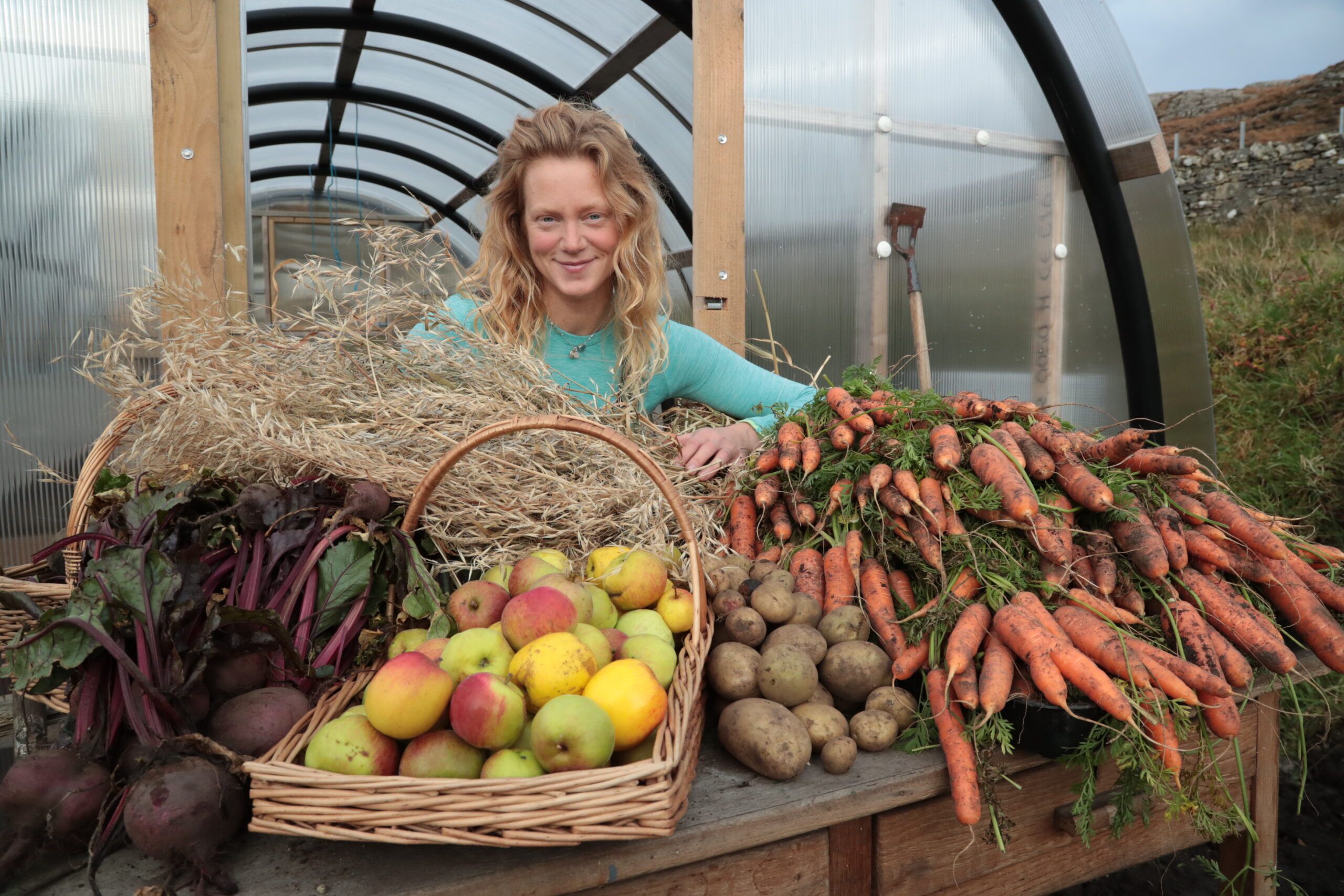
Lios Mhàiri
BBC ALBA offers a diverse range of programming which reflects Gaelic communities and serves as an important access point to the language for non-Gaelic users. The varied schedule includes:
Production companies and content providers for BBC ALBA are located throughout the country, working hard to tell stories and represent Gaelic in a modern Scotland. The strong independent Gaelic production sector also works in collaboration, with national and international partners, to bring added value to viewers through co-finance and co-production agreements.
BBC ALBA Partnership
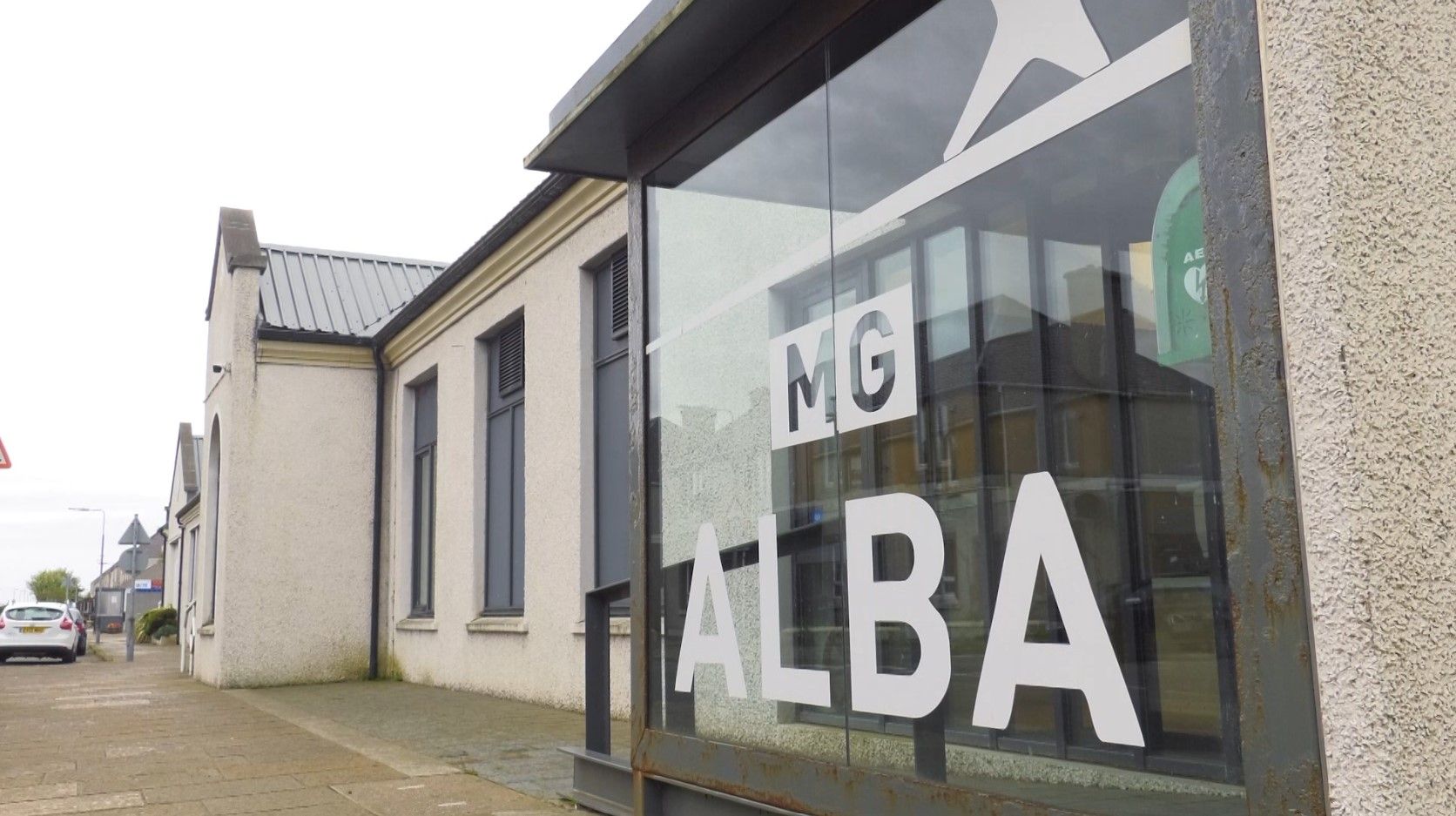
The successful BBC ALBA partnership came into effect officially on 5 August 2008 when the BBC Trust published the service licence. The partnership delivers Gaelic television, radio and online services, fulfilling the remit of MG ALBA under the Communication’s Act 2003, to ensure that a wide and diverse range of high quality Gaelic programmes is made available to persons in Scotland.
A partnership board, Joint Management Board, with representatives from the BBC and MG ALBA, which is chaired by the Chief Executive of MG ALBA, oversees the collaboration between the organisations as they execute the shared vision of the partnership.
Sgioba ALBA, the joint BBC and MG ALBA content delivery team, work in partnership to ensure that the vision agreed by the partnership board, is reflected in the Gaelic media enjoyed on our BBC ALBA platforms.
The governance structure of BBC ALBA is outlined in the following graphic:
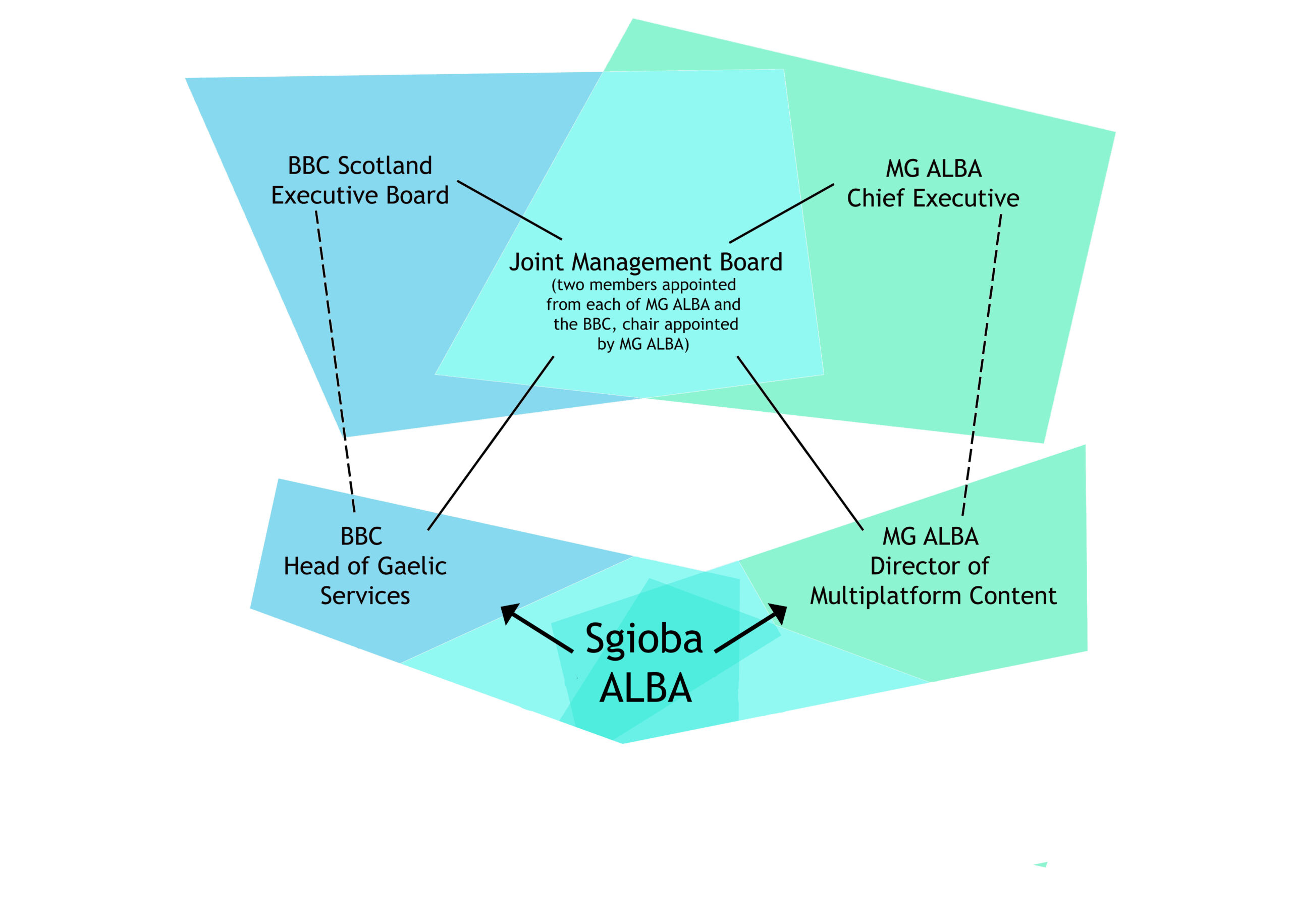
How can I access BBC ALBA?
+Freeview / You View 7 (Scotland only)
Freesat 109 (UK)
Sky 117 (Scotland), Sky 169 (rest of UK)
Virgin Media 120 (Scotland), Virgin Media 161 (rest of UK)
Does BBC ALBA content offer subtitles?
+BBC ALBA seeks to offer as rich a service as possible to Gaelic users, and to act as a door to Gaelic to non-Gaelic users. In order for non-Gaelic users to be able to access the content, the ‘door must be open’ – i.e. English subtitles must be on when they select the channel.
It is not currently possible to remove subtitles from the live television screen on BBC ALBA but we will continue to review emerging technology for a solution that will allow for default-on subtitles with an optional “off” function.
We would like to offer a choice to those seeking optional subtitles and we are actively exploring with BBC colleagues whether or not this might be possible on a longterm basis through the iPlayer. In 2019 we piloted un-subtitled content on the iPlayer making all the Bannan episodes to date available to view. We intend to continue making other unsubtitled content available in this way.
Are there plans for Gaelic subtitles?
+It may be that as we develop solutions that enable optional English subtitles that we can resolve the desire for Gaelic subtitles too. This may come to a choice of whether or not more value can be achieved by focusing time and resources on new content. WatchGaelic on our partner service LearnGaelic contains full Gaelic language transcriptions to accompany its selected audio-visual content.
On children’s content, where there are no subtitles, we work to create and devise an immersive experience for all children, learners and native speakers alike. By offering a block of fun and entertaining programming for children of different ages, we provide an environment where Gaelic is the only language heard in the programmes. This complements their learning in the class and helps to reinforce and encourage their use of language in the home, without a reliance on English.
With regard to the use of Gaelic subtitles in children’s content, the text requires to be on screen for a certain length of time and given the differing levels of literacy among children, the method of subtitling available to us at the moment would not be suitable.
How does BBC ALBA manage the use of English or languages other than Gaelic?
+There are two key audience priorities for BBC ALBA – to offer as rich a service as resources allow to Gaelic users, and to act as a door to Gaelic to non-Gaelic users (thereby normalising Gaelic to that audience).
Our programming aimed at the Gaelic audience has as rich Gaelic content as possible. Every week we ask our audience panel a question about the standard of spoken Gaelic on the channel and this shows consistent – and increasing – audience satisfaction. In addition to this specific measure, we constantly test other measures with the audience, including the statement ‘Gaelic language and culture are well reflected by BBC ALBA’. This too shows consistent and increasing satisfaction.
Some programming, especially programmes aimed at the national audience, will have contributions from the best available national sources for its storytelling, and sometimes they will not be Gaelic speakers. To compromise the storytelling by not including the best available sources in this context would undermine the programme, and ultimately not serve BBC ALBA well. This is all set out in the MG ALBA/BBC ALBA Gaelic language guidelines.
Why are foreign-language dramas shown on BBC ALBA?
+Audience feedback shows that drama programming is essential for any channel schedule, however our current funding enables only limited editions of originated drama.
From summer 2018, foreign-language drama has been broadcast on BBC ALBA, based on the principle that the content is from a minority language and/or has a cultural resonance with our audience.
Therefore, we have prioritised minority languages and avoided English and other majority languages that appear often on screen like French and Spanish, and promoted content from countries like Norway, Iceland, etc.
The acquisition of these series is often inexpensive or free, meaning that it does not affect the commissioning of new content, and serves to avoid further repeats, with content that evidence indicates the audience enjoy.
English subtitles enable the majority of the audience to access and enjoy the content. We are aware given the channel’s relative lack of funding that there is a constant balance to be struck between more repeats or a small amount of content in other languages which is received positively by our audience and whose perspective chimes with our audience. If there is evidence that the perspective offered by foreign language drama is not attractive to our audiences, we will reassess the situation.